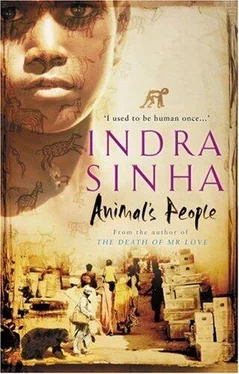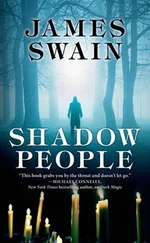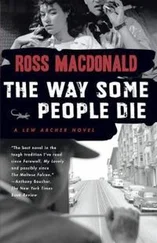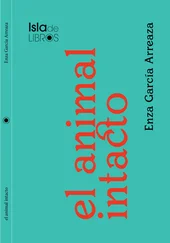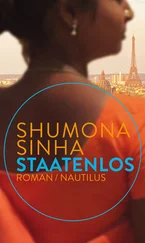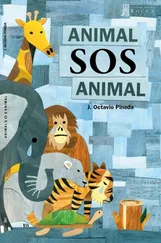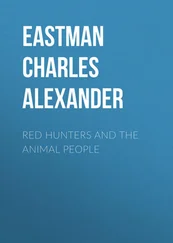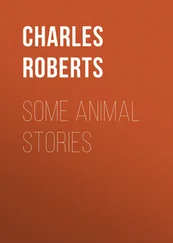Early on that morning, a woman was seen making her way up the hill. A poor woman she was, clad from head to toe in a black burqa. No one could see her face, she must have been young, for she was tall and stepped swiftly. In her hand she carried a jhadoo, a simple broom, used for sweeping floors. When challenged at the gate, she said she was going to her work as a cleaner. Little mind they gave her because soon messages were coming to prepare for the reception of some big shots, who’d be arriving shortly at Jehannum. Sure enough, the cars soon showed up. Not government cars, mark you, the CM, Zahreel Khan and others, they all came in plain white Ambassadors, one by one they disappeared inside.
What all happened next, the world learned from these folk themselves. The shameful meeting began in a room with a big table, the four Amrikans were on one side, the politicians on the other. They had begun their arguing and haggling when without warning their eyes began to sting. An evil burning sensation began in their noses and throats, a little like the smoke of burning chillies, it caught nastily in the throat, it seared the lungs, they were coughing, but coughing made it ten times worse. Something was in the room, something uninvited, an invisible fire, by the time they had realised this it was already too late. These big shot politicians and lawyers, they got up in a panic, they reeled around, retching, everything they did just made the pain and burning worse. Tears streamed from their eyes, hardly could they see. One of the lawyers was trying to vomit, the rest of them ran in panic. They rushed from the room, jostling in the doorway each man for himself, the buffalo it seems being too bulky to rush, was left behind while the others scrambled to save their skins. These Kampani heroes, these politicians, they were shitting themselves, they thought they were dying, they thought they’d been attacked with the same gas that leaked on that night, and every man there knew exactly how horrible were the deaths of those who breathed the Kampani’s poisons.
Says I, “It’s poetic justice of a fully rhyming kind.”
But Zafar says that poetic justice, rhyming or not is not the same as real justice, but being the only kind available to the Khaufpuris was at least better than nothing. So that person must have thought, who had entered the hotel and carefully emptied a bottle of stink bomb juice into the air conditioner.
“Was this your doing?” I ask Zafar.
“It was not,” he says. “We knew nothing of it until afterwards. We were busy searching for you.”
What made the whole thing fully grand was that someone had tipped off the press, they were waiting with their cameras when these goons stumbled out into the lobby. Once the secret was out, the deal was dead. The Kampani was saying that it was the victim of terrorism, the culprit should be prosecuted and locked up for years, but the jarnaliss took a different view. They said that one stink bomb, however disgusting, could not compare to the terror the Kampani had brought on the people of Khaufpur, plus how could the Kampani bosses demand that anyone should be prosecuted while they were themselves refusing to appear before the Khaufpur court?
Not a soul knew who had done it. At last police remembered the woman in the burqa. The hotel staff were questioned, but none of them knew who she was. One or two had seen her with her broom. She spoke to no one. Soon after the start of the meeting this same woman left the place and went away down the hill. Nobody paid her any attention, all that witnesses could say of her was that she was tall, plus carried herself like one who knew what she was about.
This mystery woman who had killed off the Kampani’s deal, this heroine, for so she was in the kingdom of the poor, how did she so completely vanish? All the city wanted to know, plus many beyond in Amrika. Intelligence wallahs were crawling all over the bastis.
“Never will they find her,” I cry. “See the Nutcracker, how the houses lean together, open in and out of one another, where better to hide something than in a labyrinth with no doors? Cops enter here, she’s gone that way, secret police arrive there, she’s back here, and which police-wallah, secret, or dead secret, will dare to twitch aside the veil of a respectable Hindu lady or ask a Muslim woman to remove her burqa? Never are they going to find her, not if they search a thousand years.” I’ve begun laughing. “In just this way did Ma escape from Père Bernard.”
“It was not Ma,” says Zafar sharply. “Animal, whatever other name may come to your mind, don’t say it.”
Farouq says, “Animal, there’s another thing you must not mention. Police are asking how the fire in the factory started. Don’t ever say you were in there.” From his pocket he gets something and hands it to me. “We found this inside the factory.”
It’s my old Zippo, charred black, twisted by fire.
I’m staring at my Zippo, wondering how it could have dropped inside the factory, then it dawns. “But are you thinking that I started the fire? I could not have, I had lost my Zippo, I did not have it with me, I swear. I know this for sure, because when I was in the forest, when I burned the Khã…” And that’s when doubt struck, plus horror, for I could recall the datura playing tricks, laughing at me.
“We’ve told no one. If you have any sense, neither will you.”
“You thought that’s why I ran away.” I’m remembering that little silence, after they’d asked me this.
“We don’t think anything,” says Zafar. “You lost it, it wasn’t you, that’s that.”
As the auto approaches the edge of the city there is a way off to the right which leads to the Nutcracker. This is where I’ve assumed we will go first, but when we reach the place the auto carries on past.
“Why this way? Are you not taking me back to my place? I have to see Ma.”
“Tonight at least,” says Zafar, “you will stay with me.”
“But why? Ma will be worrying.”
“I’ll explain everything when we get back. You need a bath, sleep, when you wake up tomorrow, then we’ll talk.”
Then it strikes me that whenever I mention Ma there’s this little pause, and they change the subject.
“Zafar! Please tell me! Where is Ma? What’s happened to her?”
So at last comes out the tale which I myself could have supplied had I not willed myself to blindness.
“Animal, Ma did not leave the basti. She was in there till the end, helping other people get out, cover up their eyes. She did not protect herself against the gas, plus people who saw her said she was singing, she took the gas deep in her lungs.”
“But she is okay?” I cry in a voice to my own ears like a child’s.
Farouq shakes his head. “Sorry, mate.”
Zafar says, “People are saying she and Huriya Bi were heroines, saints, some are talking of erecting a statue to them. Where did they find such courage, I’ll never know.”
“So Huriya makes two,” says I, with tears arriving. “Who’s the third?”
But already I know what they are going to tell me. When Ma went into the basti she headed straight to the house of Huriya to warn them that if they stayed they would die. Already the air smelt of burning chillies, people were coughing. Huriya refused to let Ma go alone, she took a loving leave of her husband Hanif and their little Aliya, then she went with Ma. Many people witnessed this, dozens told how Ma and Huriya moved ahead of the cloud, warning people to get out. They were last seen heading towards the factory. Those who heard reported that Ma was calling out in loud, clear and perfect Khaufpuri.
“The third is old Hanif, isn’t it? He stayed with Aliya, he would not have left her.” Then’s left only to wonder how all the grief and pity in the world can force their way out of two eyes.
Читать дальше
